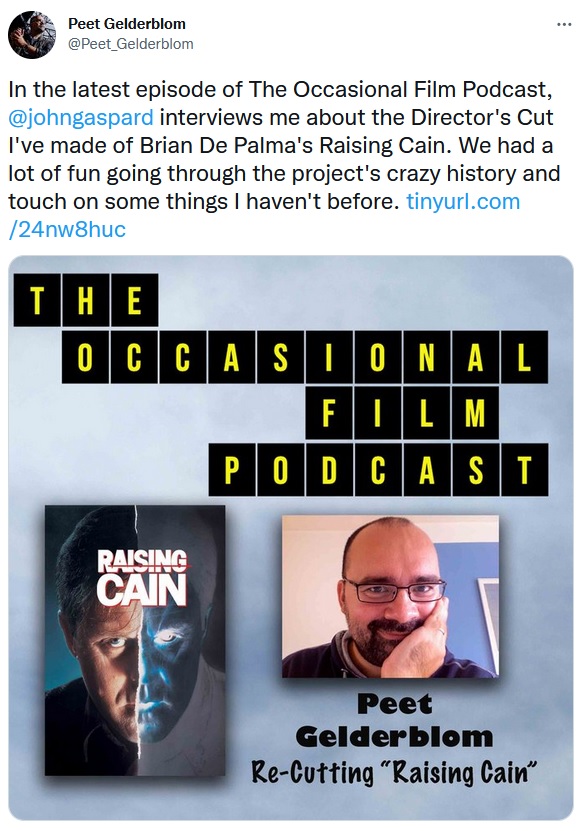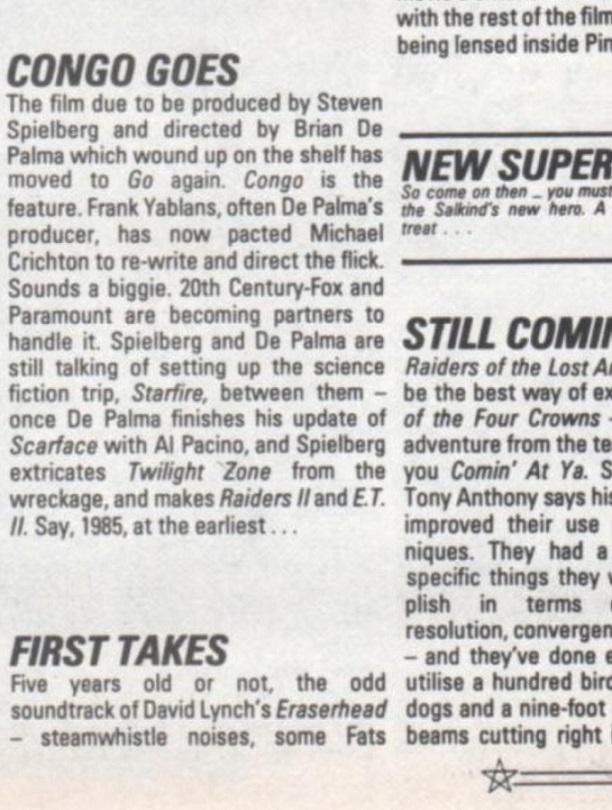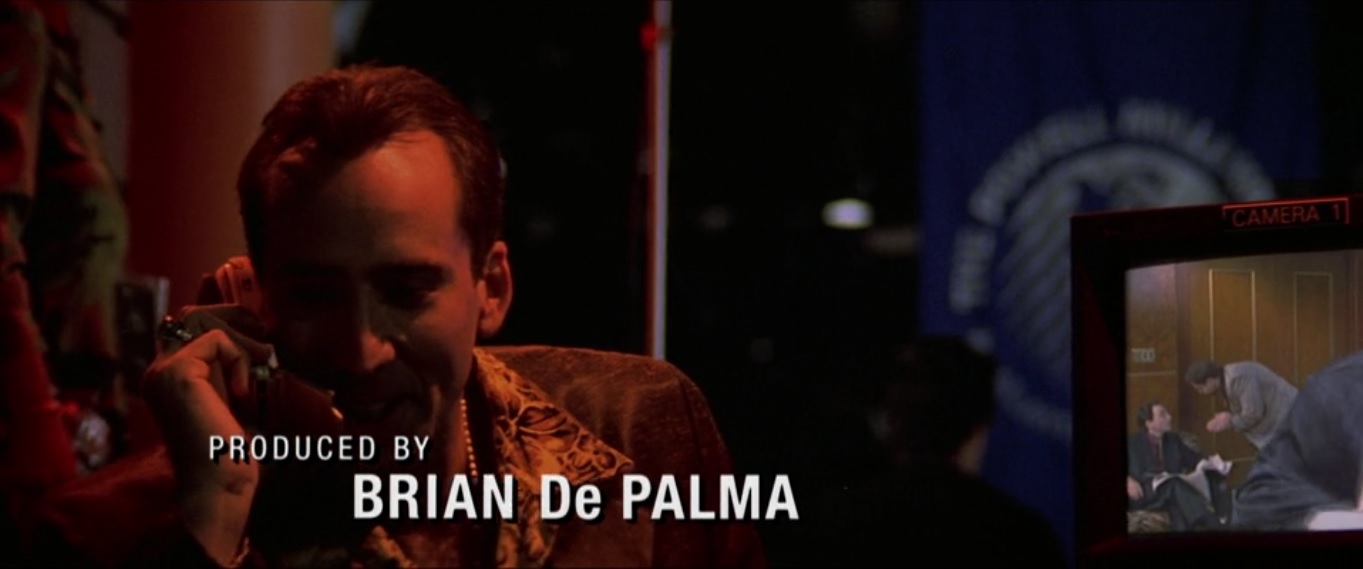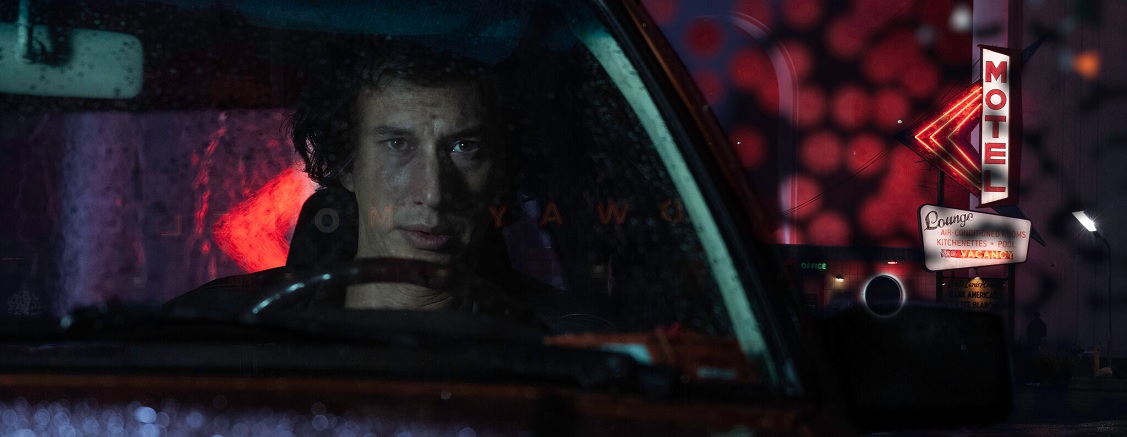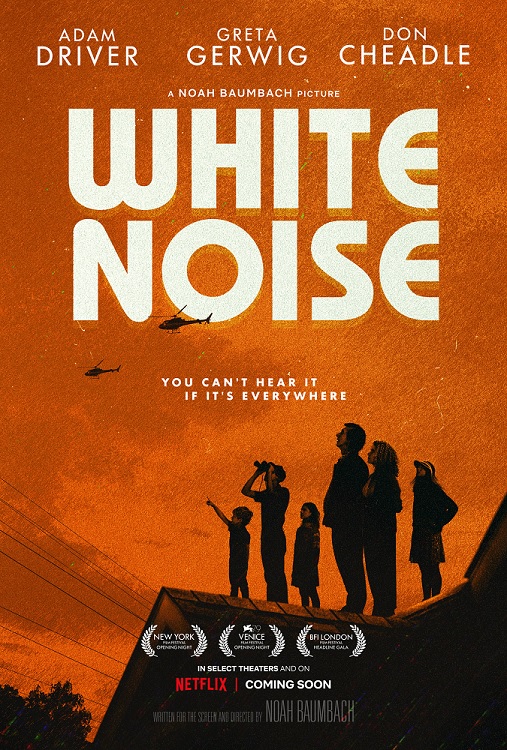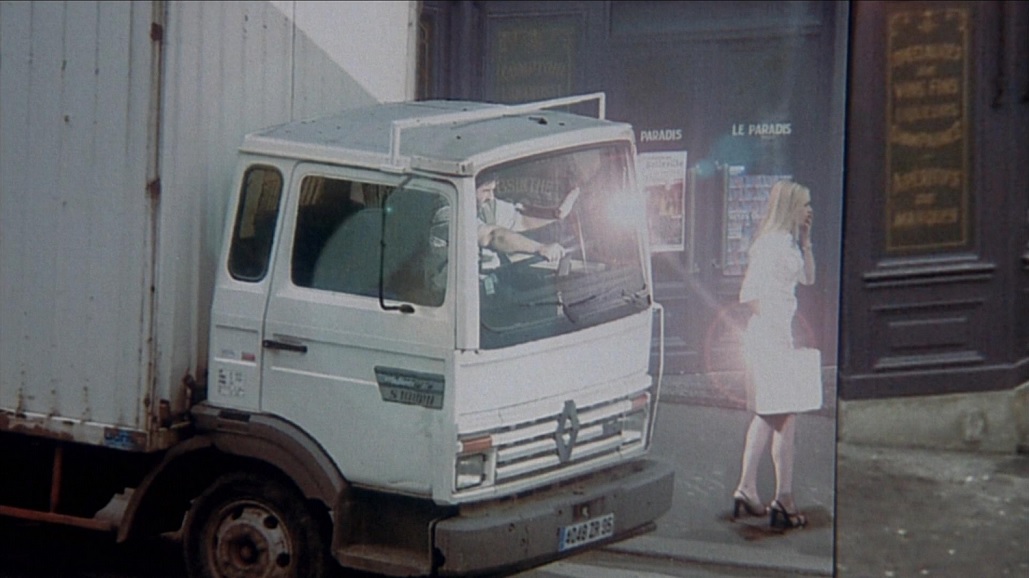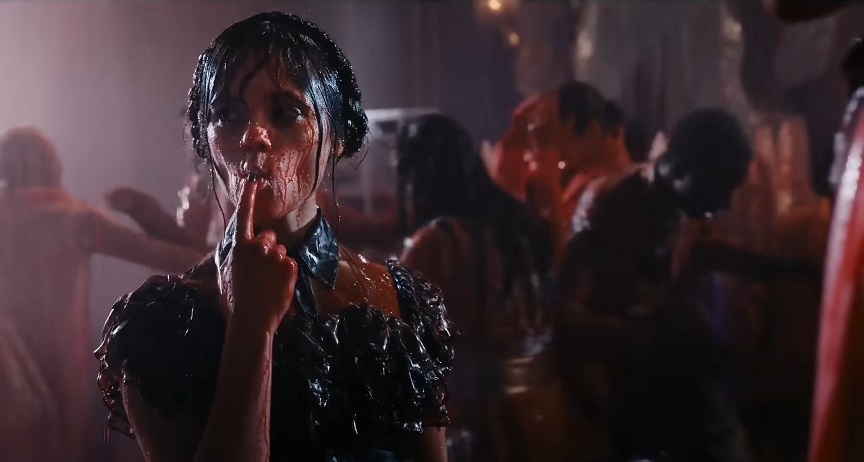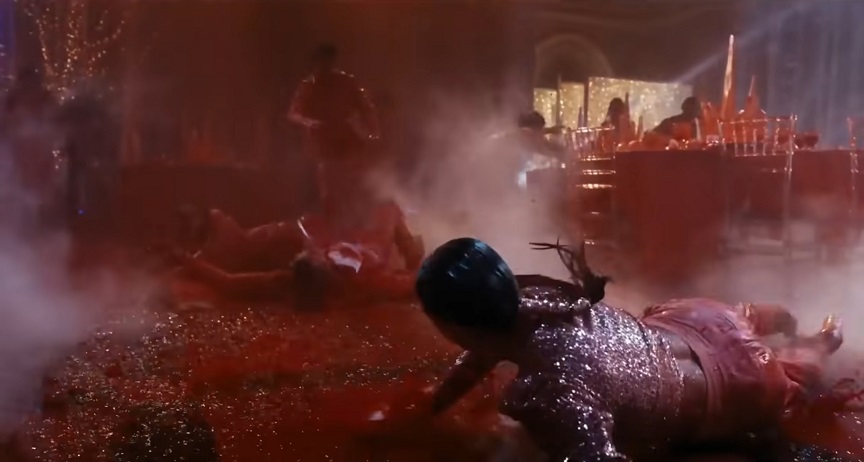NEW ORLEANS-BASED ACTOR MADE HIS FILM DEBUT IN DE PALMA'S 'OBSESSION', BILLED AS J. PATRICK McNAMARA
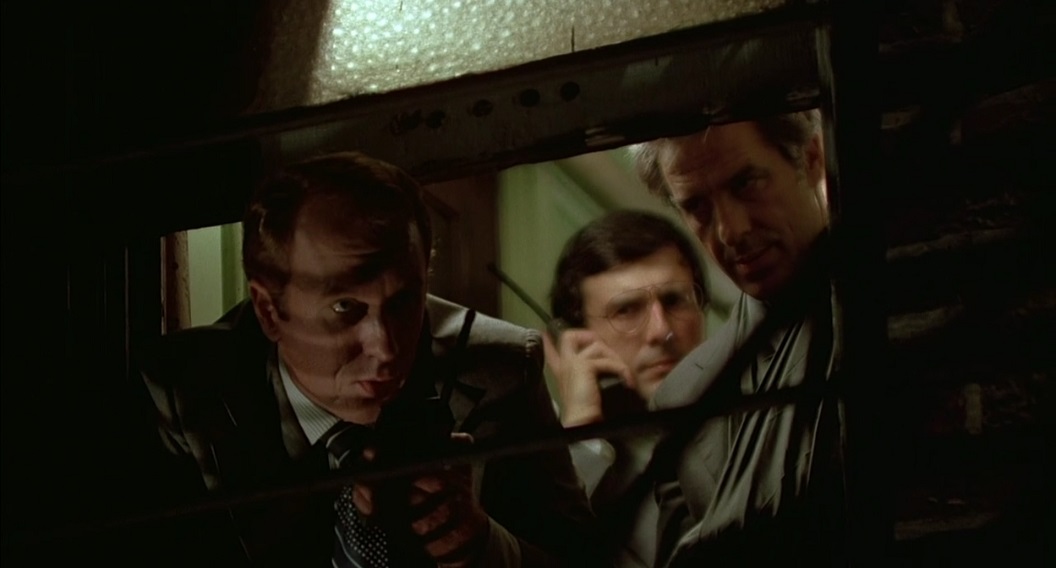
Patrick McNamara, who made his film debut in Brian De Palma's 1976 film Obsession (under the name J. Patrick McNamara), has passed away. Following Obsession, in which McNamara portrays the "third kidnapper," De Palma continued to cast the actor as shadowy watchdog/dirty-deeds/fix-it characters in The Fury and Blow Out. During these years, he also had roles in Steven Spielberg's Close Encounters of the Third Kind and 1941.
Here's a portion of the obituary from Nola.com:
Patrick McNamara, an actor, director, teacher and producer who established the short-lived Energy Theatre in New Orleans in the mid-1970s, died of pneumonia on Jan. 2 at Ochsner Medical Center, his wife, Carol Stone, said. He was 80.“Patrick was the most interesting person I ever knew. Nobody wore a coat of so many colors like he did,” said Amanda McBroom, an actress, singer and songwriter who performed in “A Witness to the Confession” at Energy Theatre.
“He was interested in everything, and he was really talented at so many things. He had a divine combination of extreme compassion and humor and lightness with a major dark streak … in the middle of all the light. … He loved the uncertainty of life.”
A native New Orleanian who graduated from De La Salle High School, McNamara grew interested in acting when he performed in plays at the University of New Orleans to improve his public-speaking skills, Stone said.
After a brief stint at Tulane Law School, he moved to New York to embark on a full-time career as an actor, starting in Ellen Stewart’s Café La Mama Experimental Club, an avant-garde troupe in Manhattan’s East Village. He also taught voice, and he performed at the Oregon Shakespeare Festival.
“He found amazing things to do,” Stone said. “His spirit was magical. Whatever he pursued, he pursued it as far as he could.”
He amassed a long list of film credits, including Brian De Palma’s “Obsession,” which was shot in New Orleans, two movies directed by Steven Spielberg – “Close Encounters of the Third Kind” and “1941” – and the comedies “Bill & Ted’s Excellent Adventure” and “Bill & Ted’s Bogus Journey,” in which he played Bill S. Preston’s father. His television appearances included “Star Trek: The Next Generation.”
Although his given name was Patrick John McNamara, he was often billed as J. Patrick McNamara because when he joined Actors’ Equity, he was told another Patrick McNamara was already in show business, Stone said. He solved that problem by putting his middle initial first.
“He was a solid actor,” said David Cuthbert, a former theater critic for The Times-Picayune. “He was believable, and he was real. You’d look at him in ‘Close Encounters,’ and you’d see the same things you’d seen onstage.”
McNamara returned to New Orleans to found Energy Theatre, which opened in March 1974 in the Prytania Theater in Uptown New Orleans. The first attraction was the musical revue “Jacques Brel Is Alive and Well and Living in Paris.” Audiences loved it, he said in a 1976 Times-Picayune interview, but the theater was never more than 40 percent full, and local actors resented that no local performers were in the cast.
Moreover, he said, “I’m one of the world’s worst fundraisers.”
McNamara staged strong plays, including “That Championship Season,” “The Hot L Baltimore” and “Long Day’s Journey Into Night” with Geraldine Fitzgerald, but audiences didn’t come. In the newspaper interview, he announced he was moving to Los Angeles.
Energy Theatre “should have lasted longer than it did,” Cuthbert said.
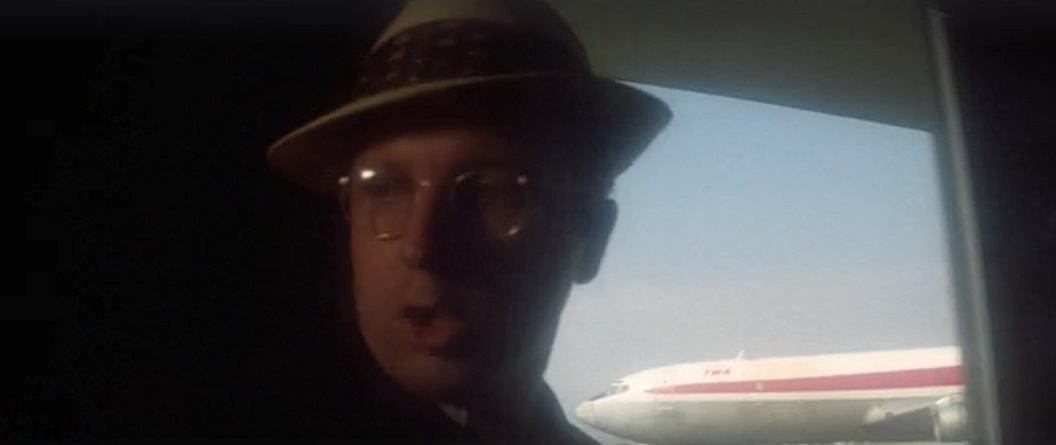
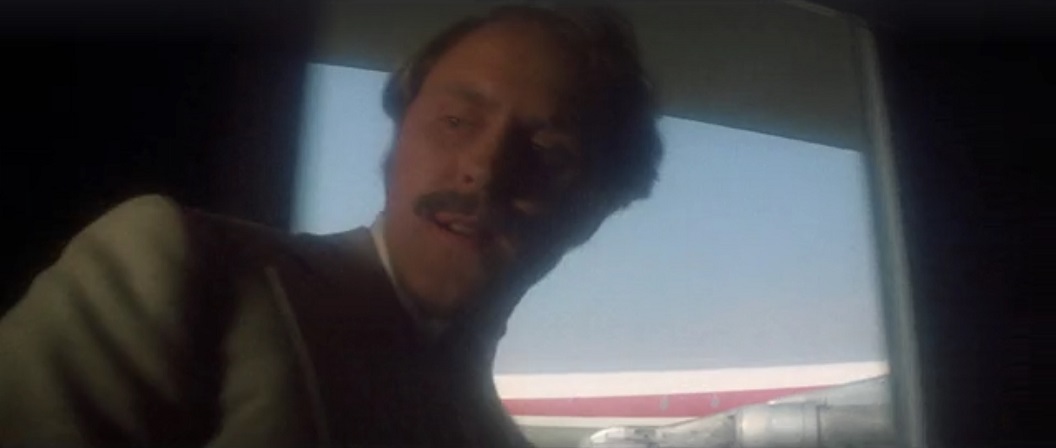
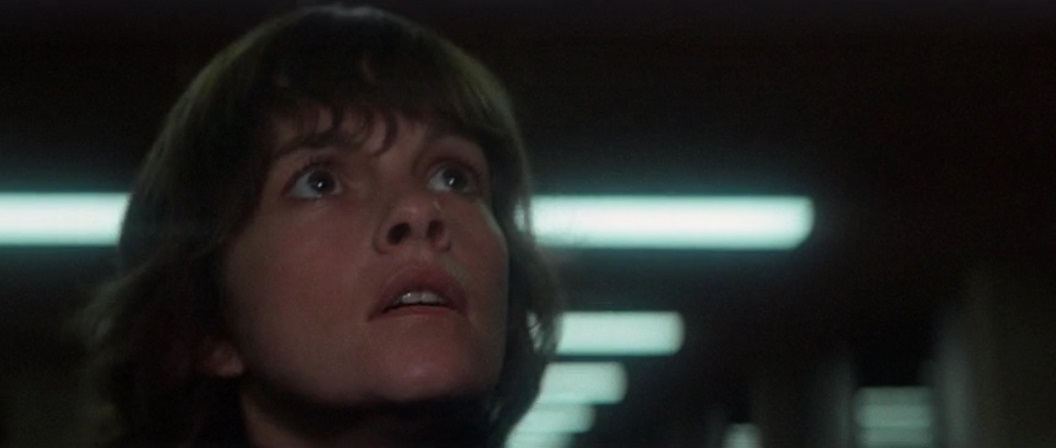
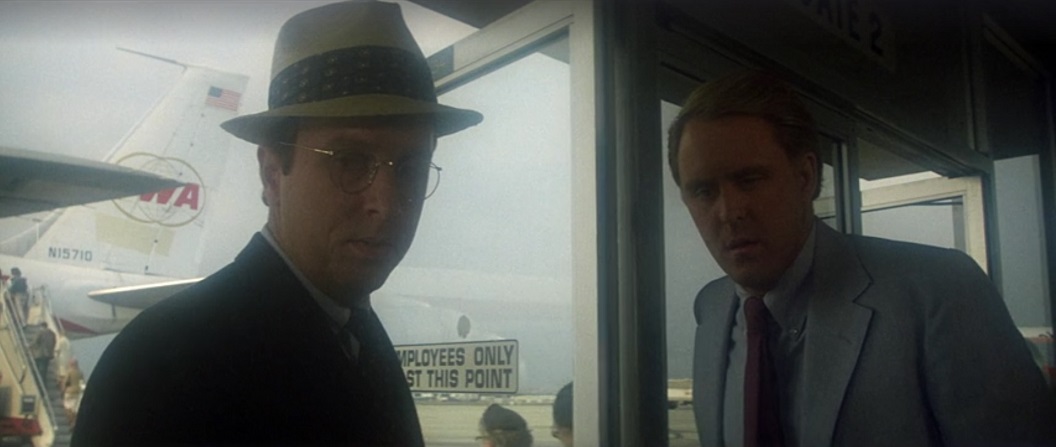
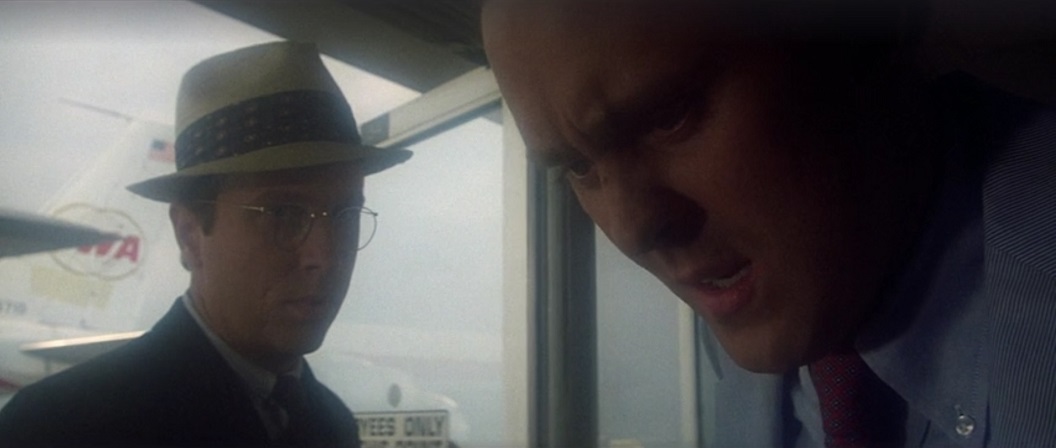
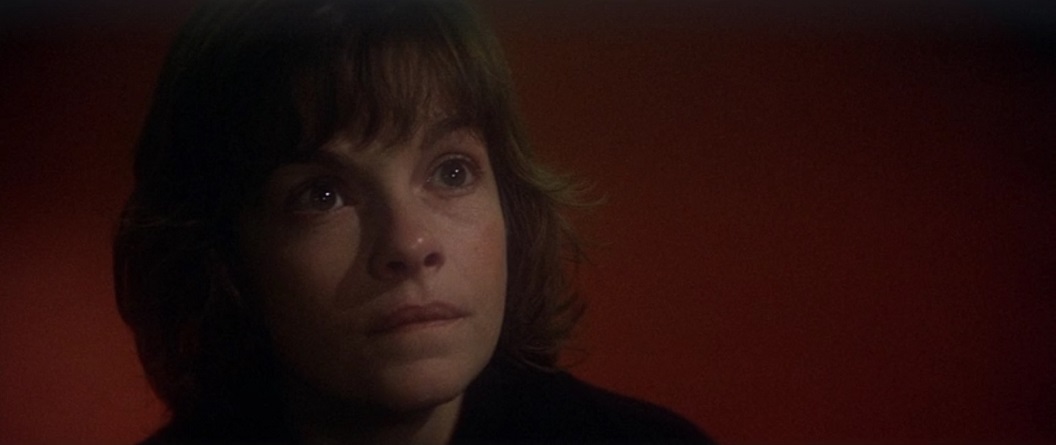
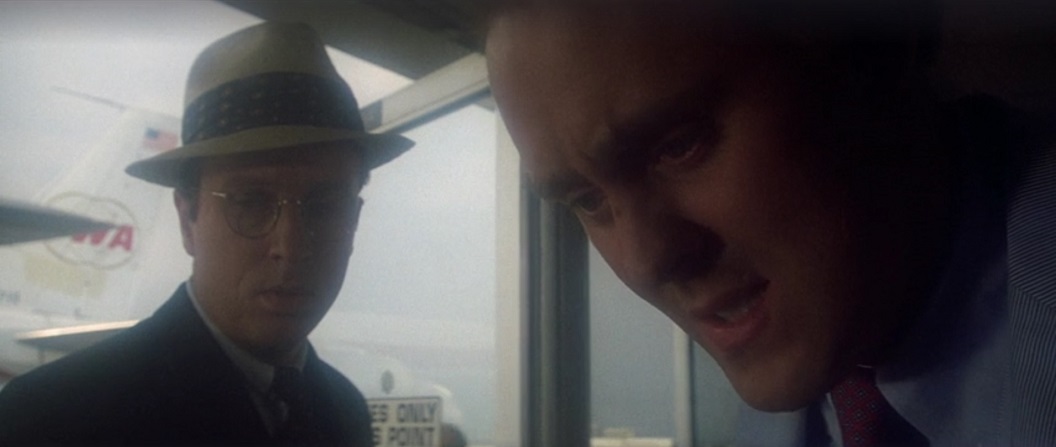
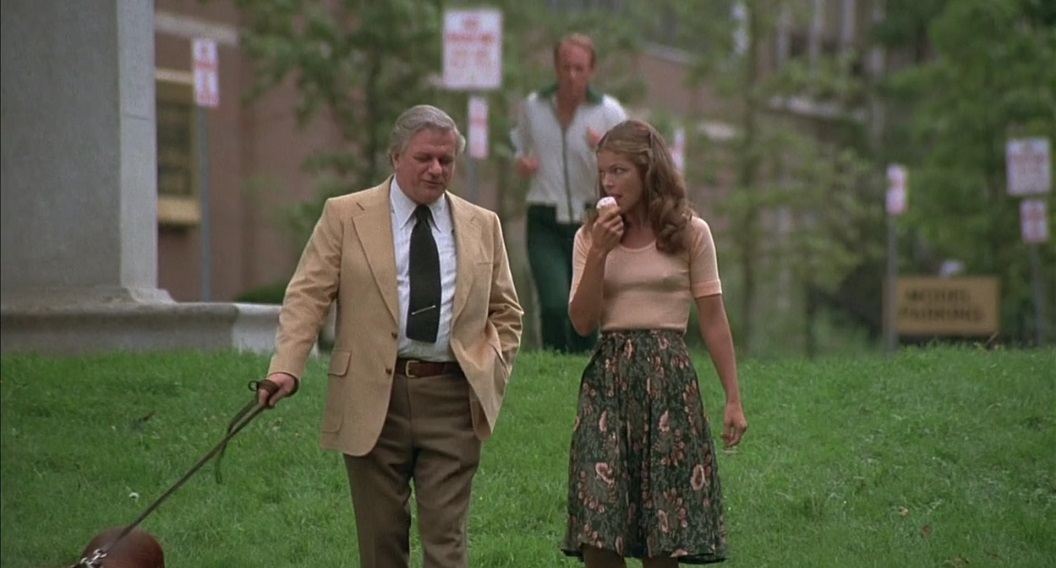
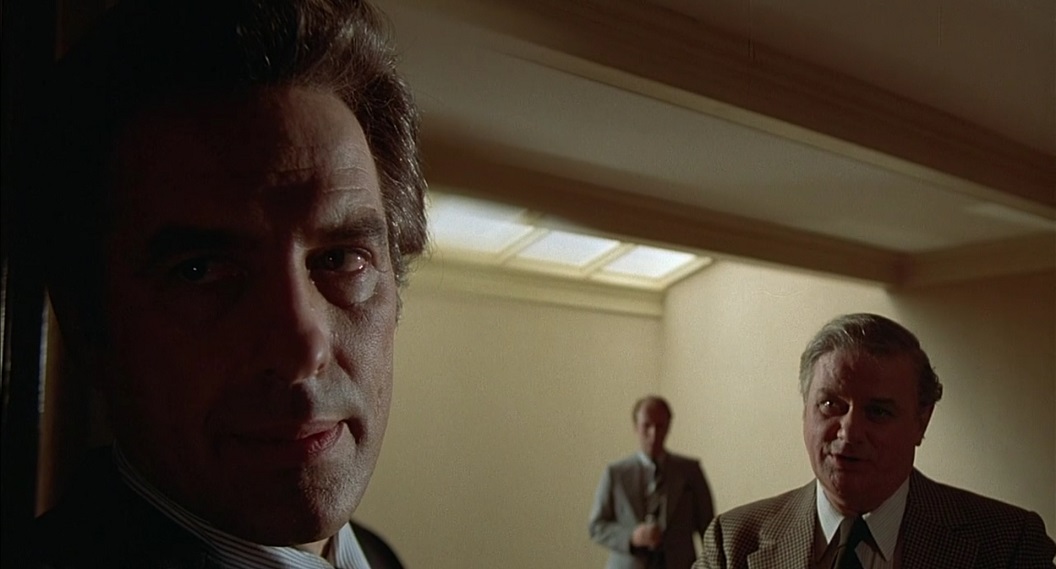
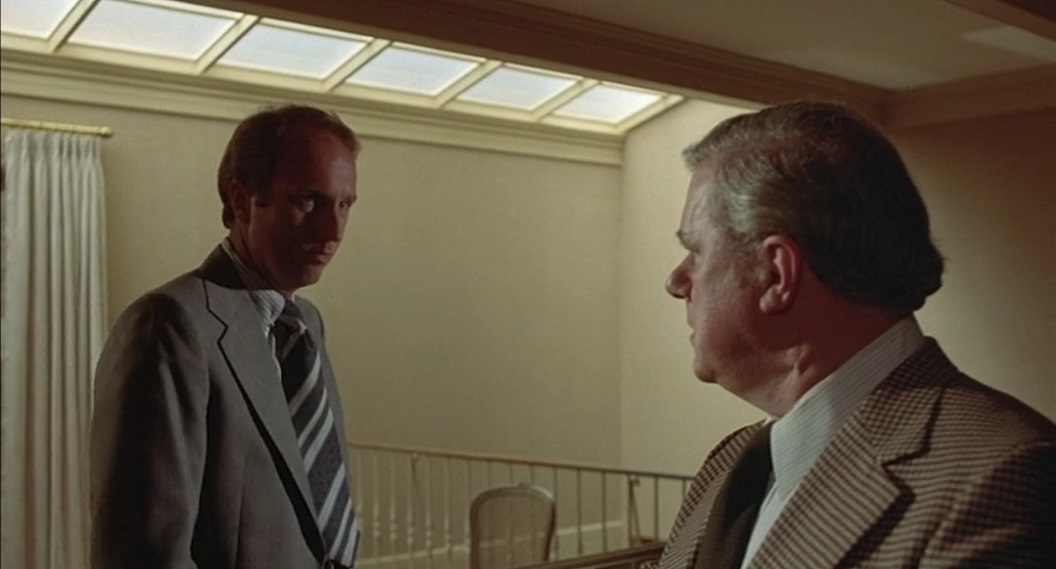
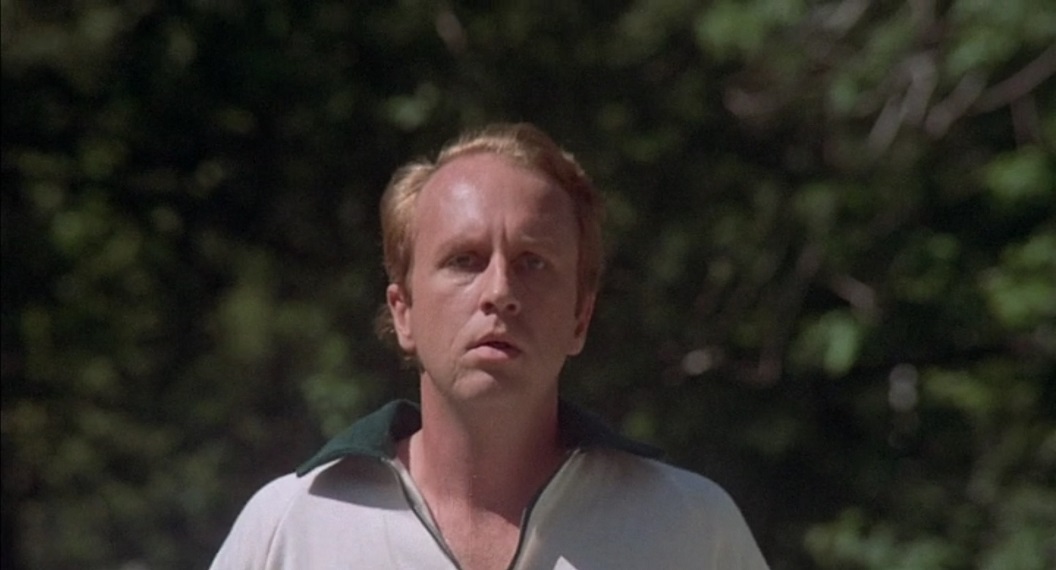
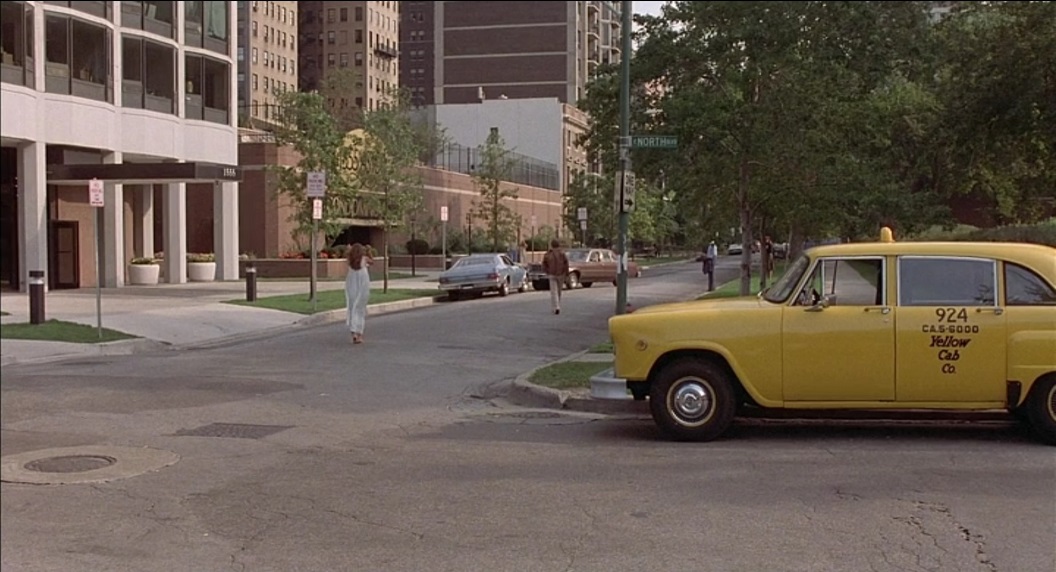
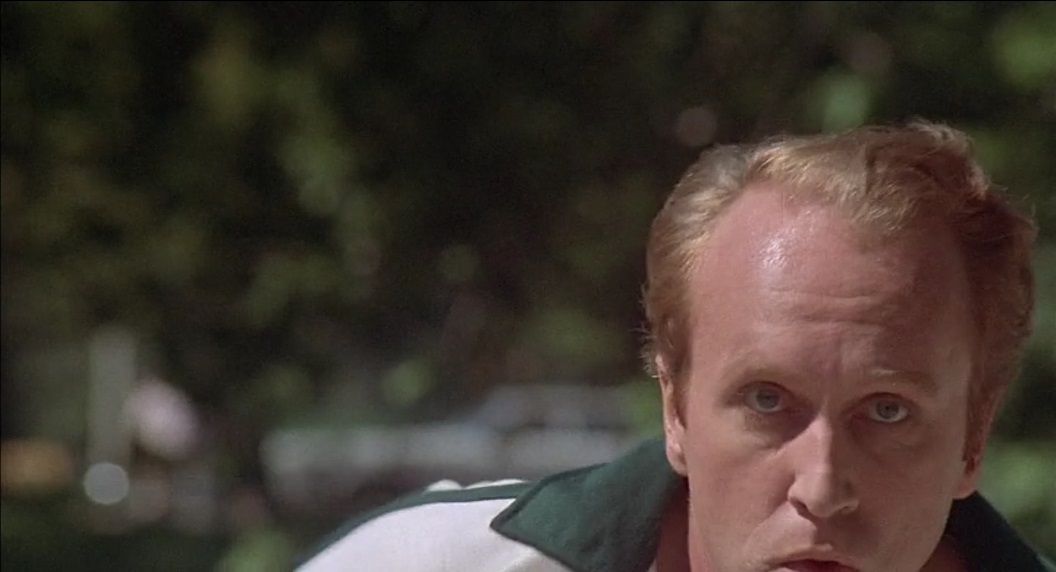
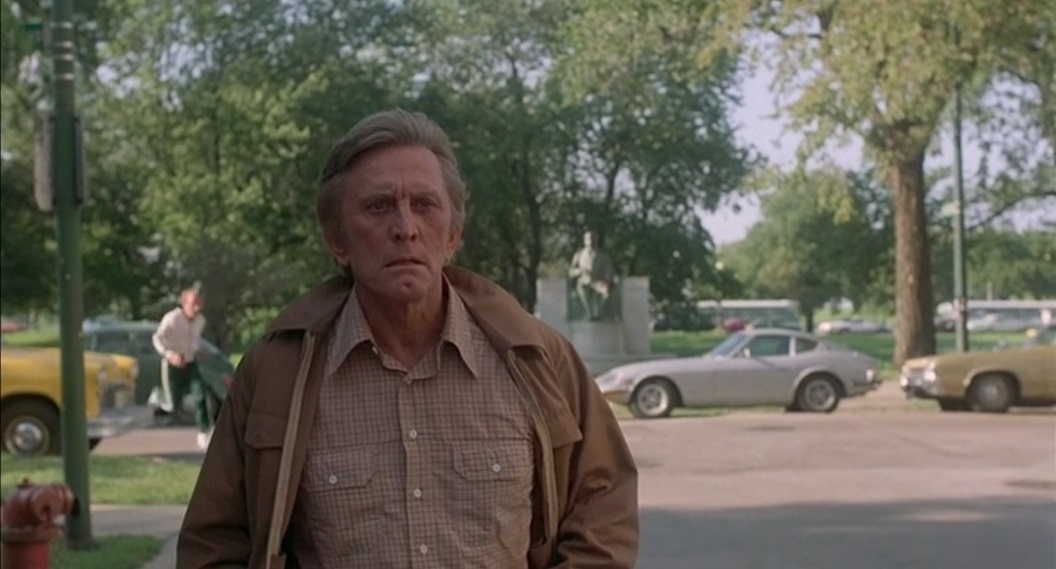
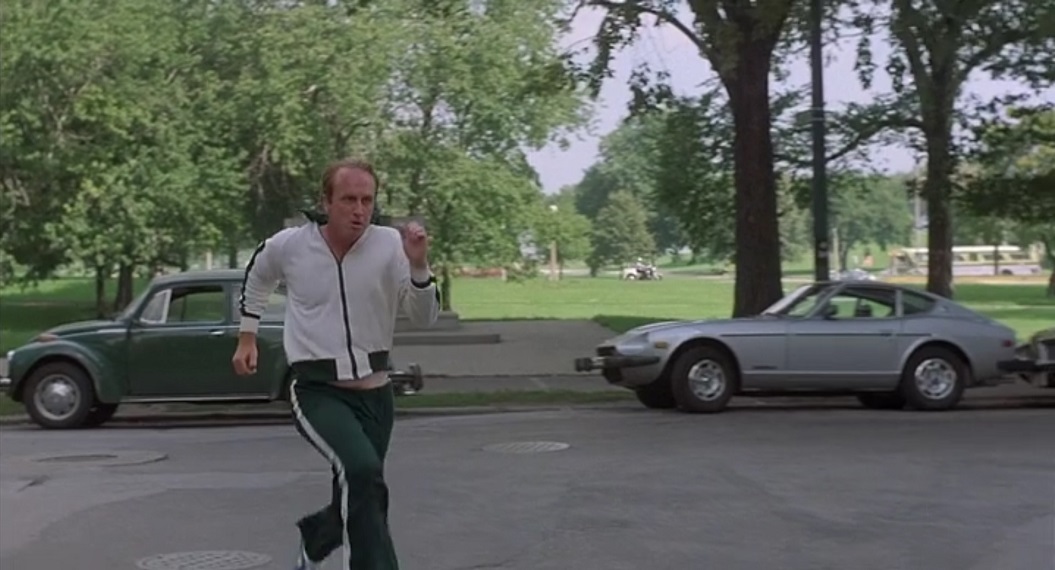
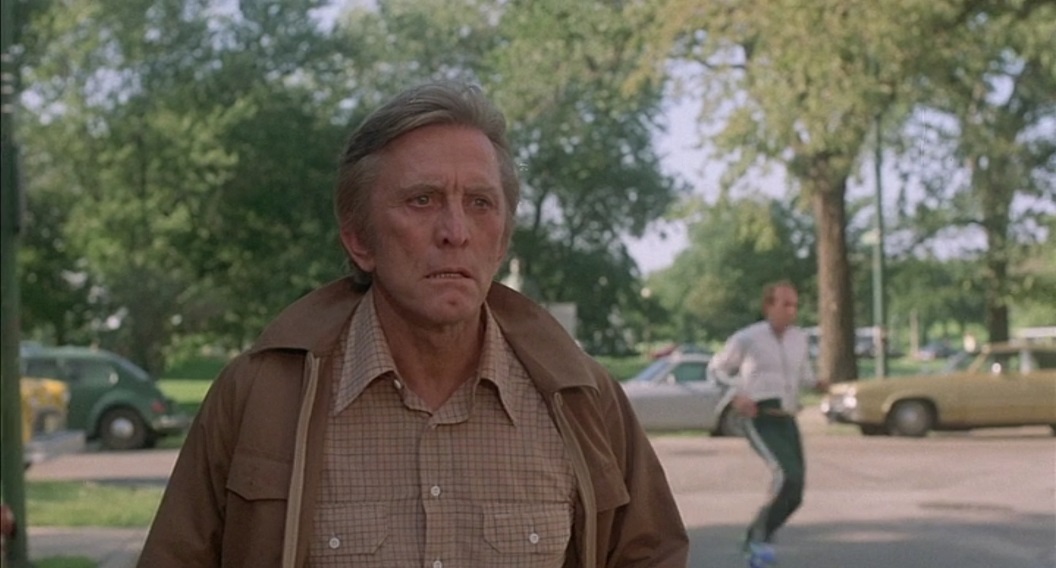
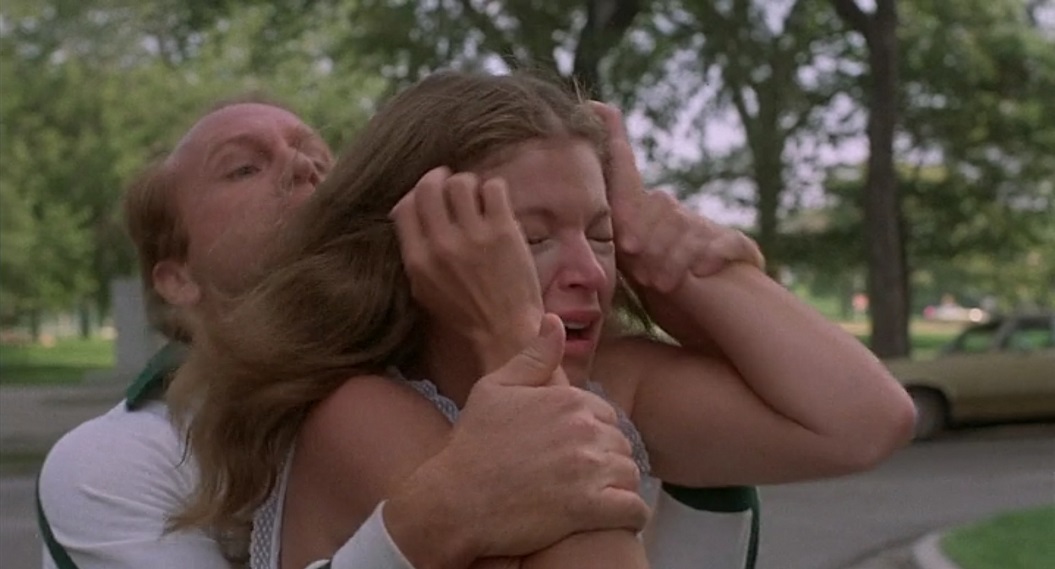

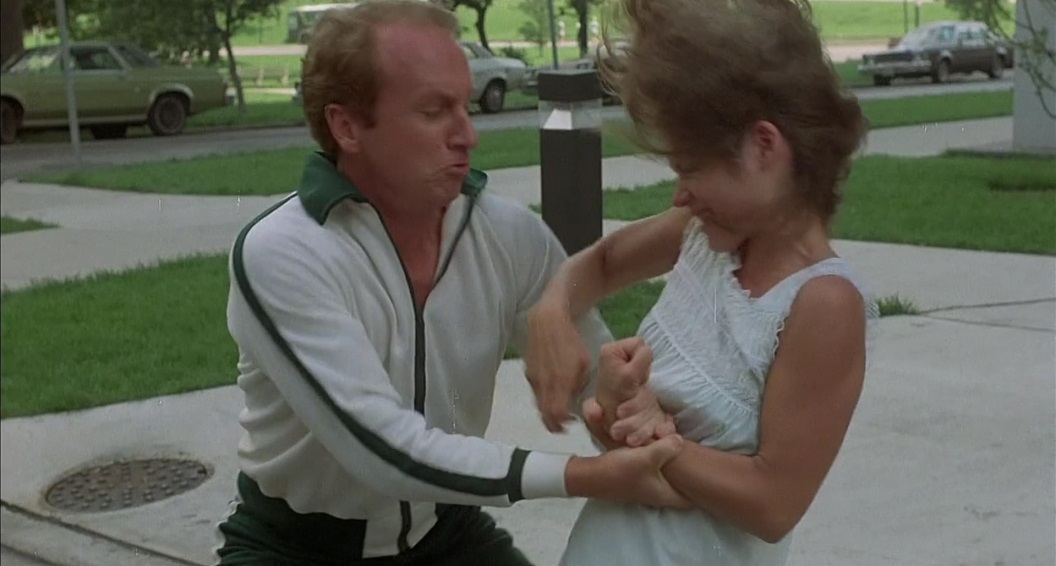
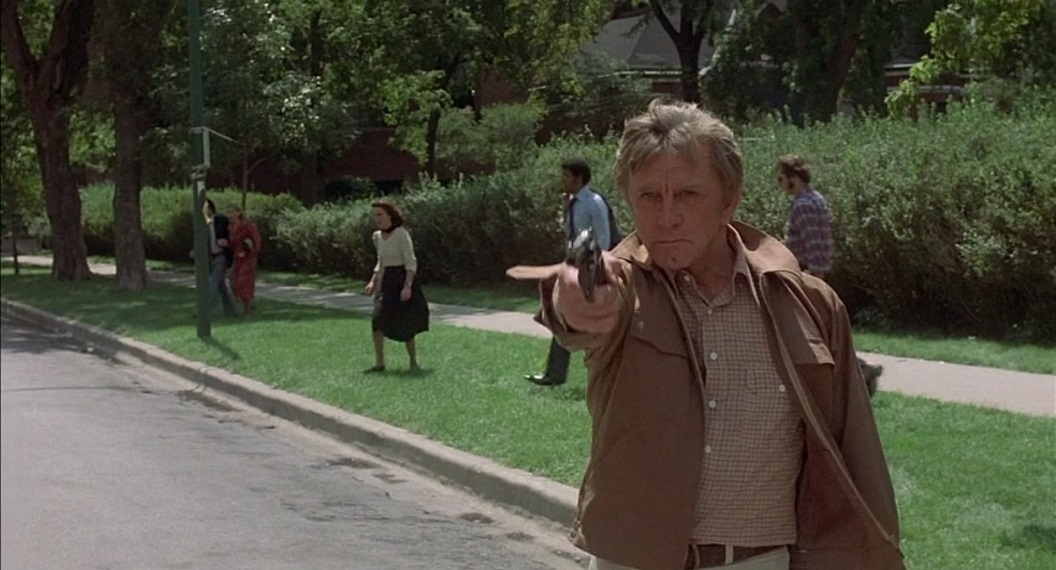
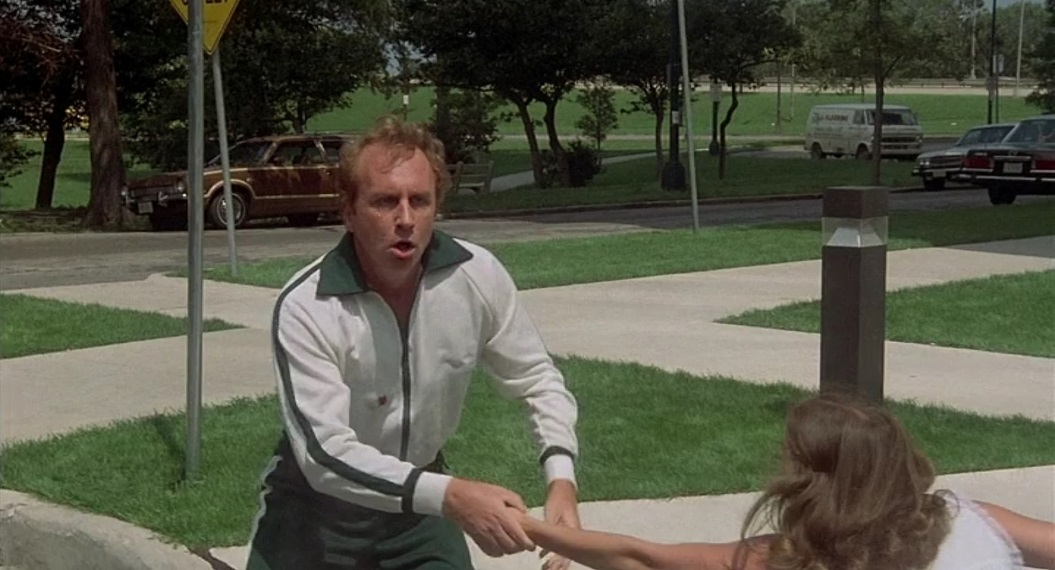
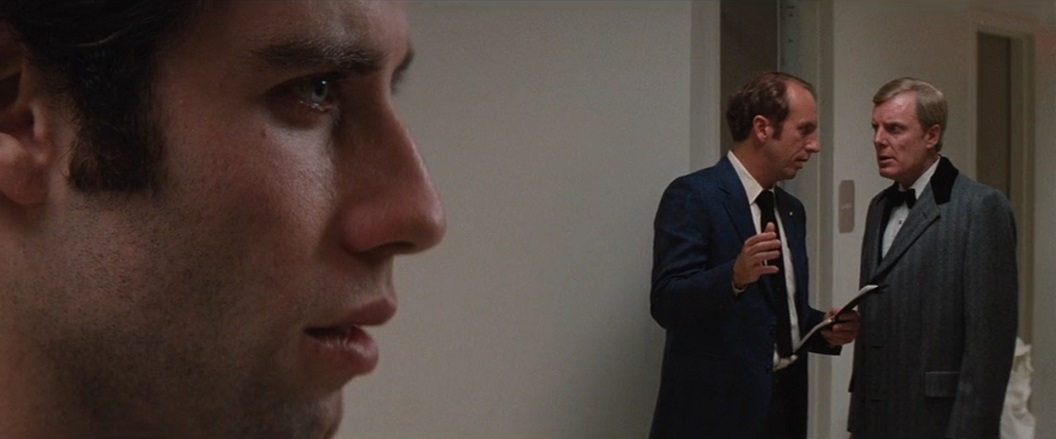
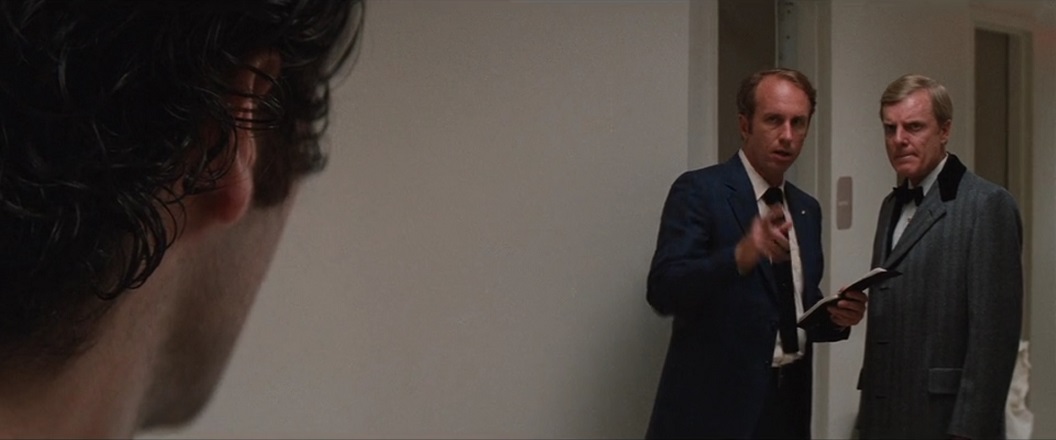
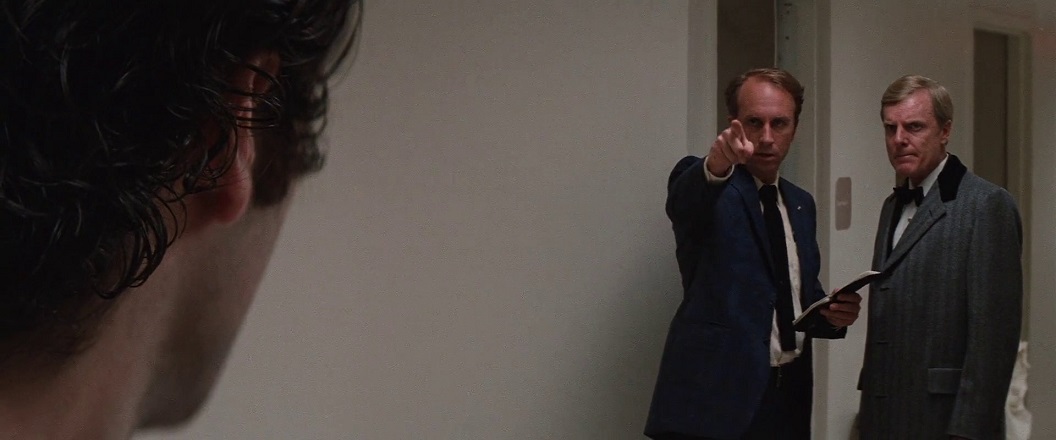
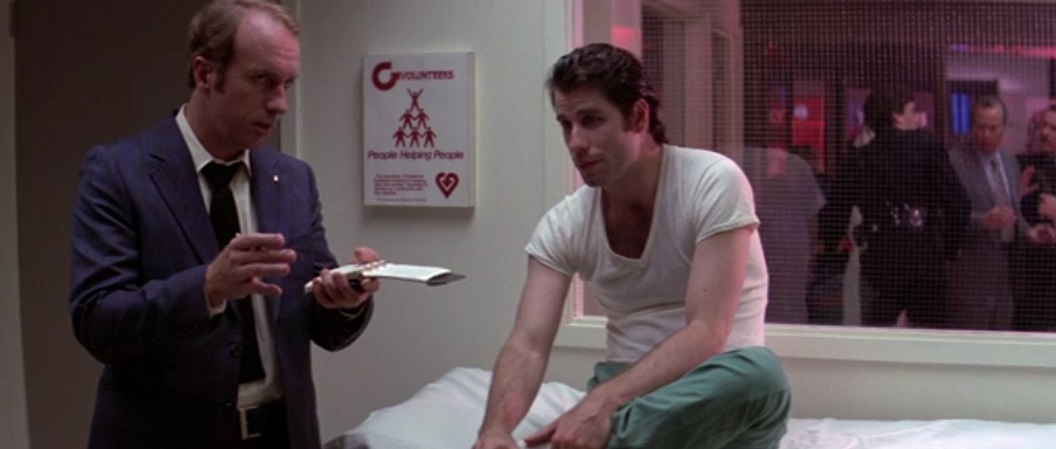
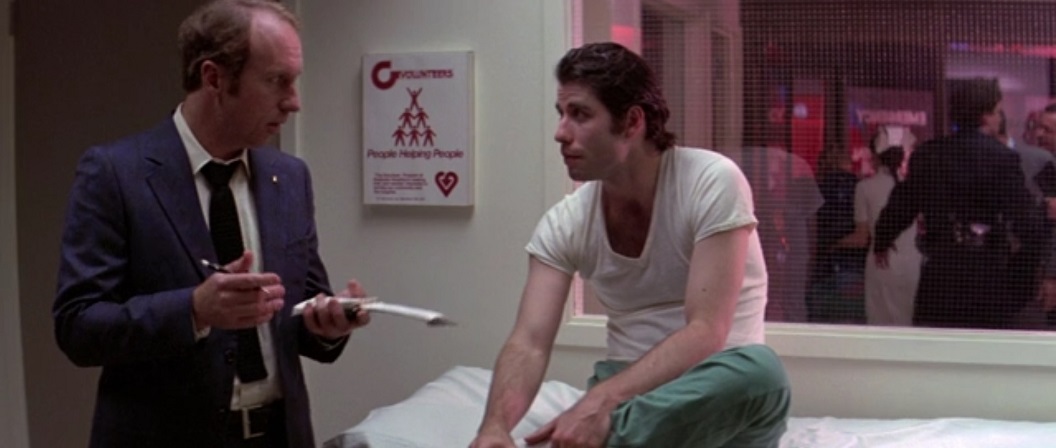
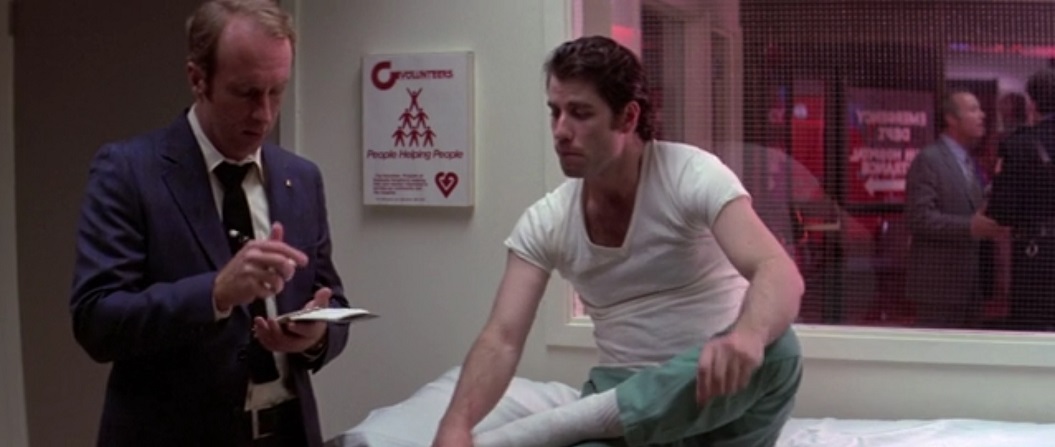
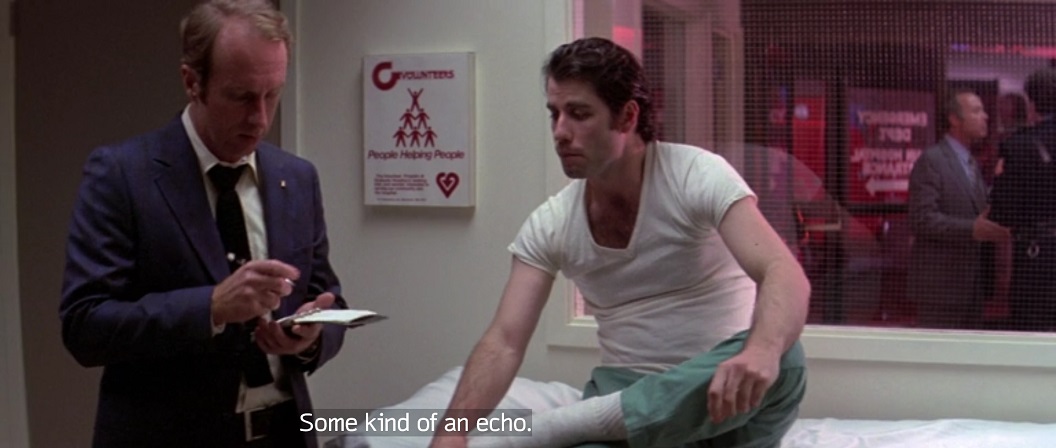
Updated: Thursday, January 12, 2023 5:27 PM CST
Post Comment | View Comments (1) | Permalink | Share This Post




